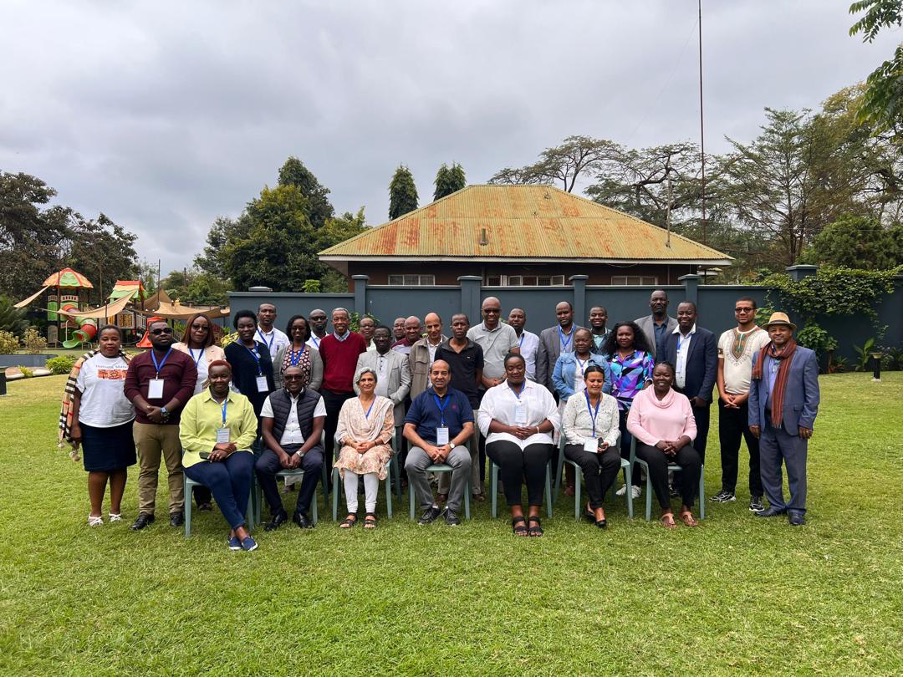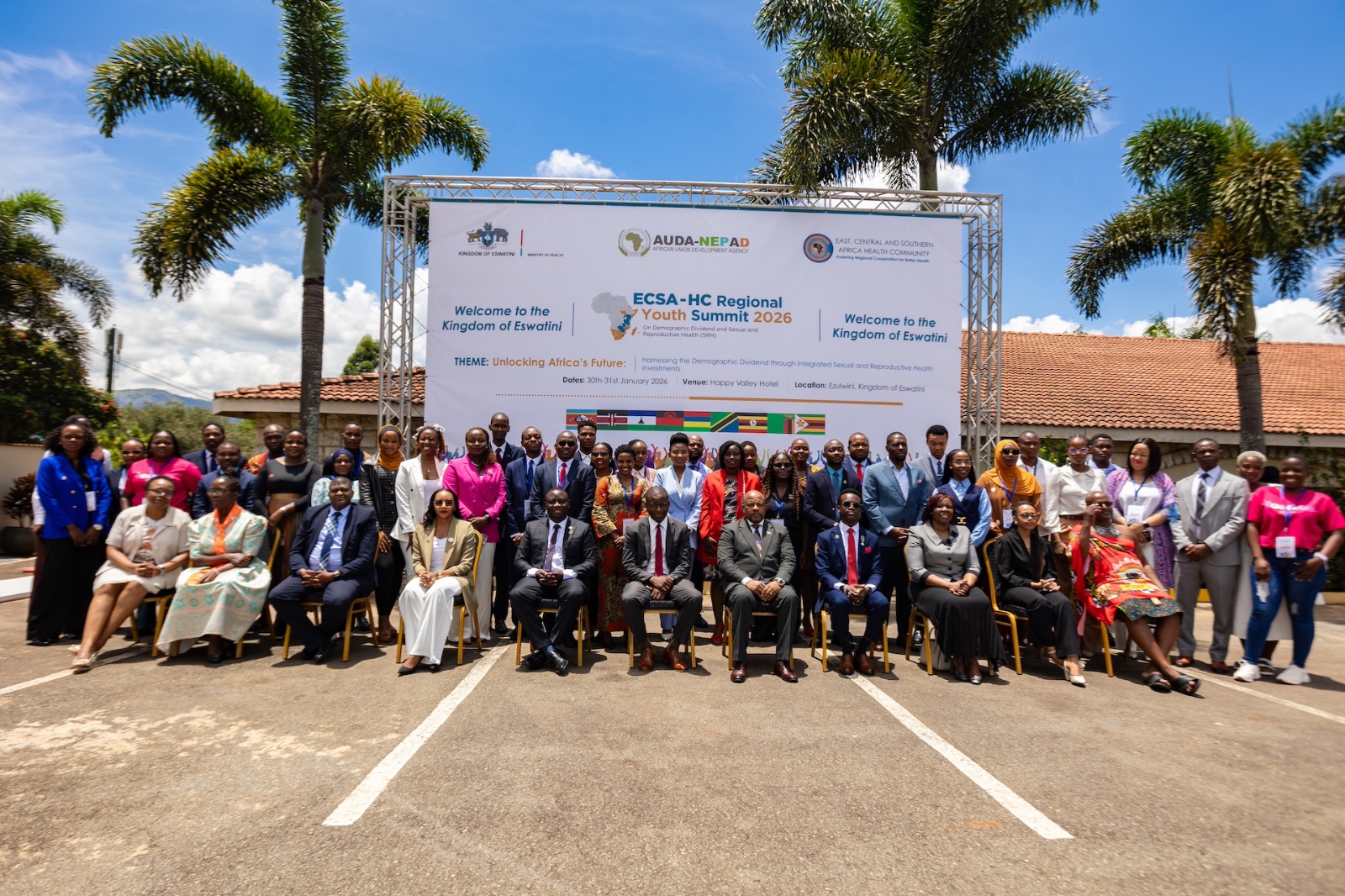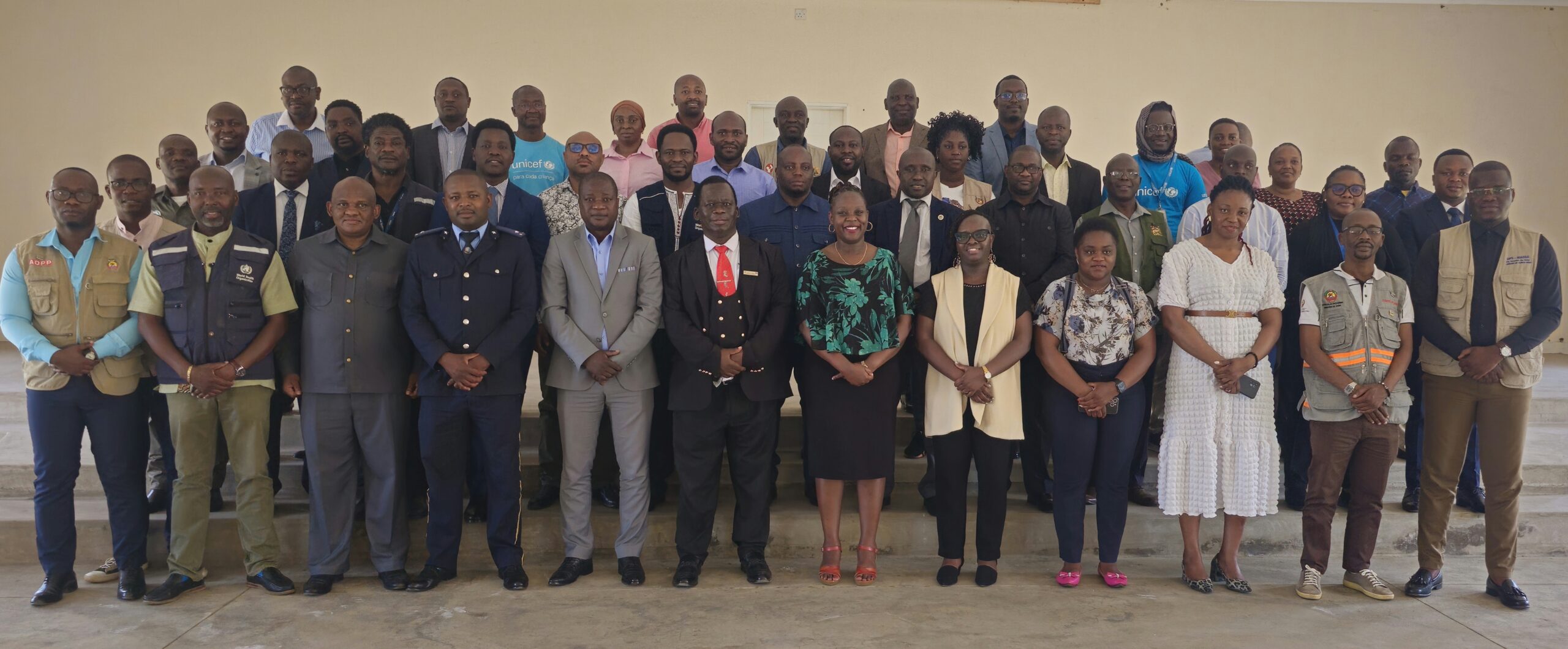The East, Central, and Southern Africa Health Community (ECSA-HC) is holding the first-ever Regional Youth…
Transforming Health Emergency Preparedness: The Critical Role of Gender Integration

In the picturesque settings of Kilimanjaro, Tanzania, a groundbreaking training program, the Gender in Health Emergency Preparedness and Response (GENPAR), was recently conducted. This initiative brought together 33 participants from Ethiopia, Kenya, Zambia, São Tomé and Príncipe, Rwanda, Malawi, Burundi, and the Democratic Republic of Congo, along with the ECSA-HC and IGAD Project Implementation Units (PIU). The training aimed to embed a gender-focused perspective within the fabric of health emergency preparedness and response across these nations.
Health emergencies do not affect all individuals equally—gender, equity, and vulnerability play pivotal roles in shaping the impact on communities. Traditionally, emergency responses have overlooked these elements, often leading to responses that do not fully address the specific needs of all demographics. Integrating gender into health emergency planning and response ensures that the interventions are comprehensive and equitable, thereby enhancing the effectiveness and reach of health security measures.
The GENPAR Training emphasized the necessity of recognizing gender-specific needs and vulnerabilities to tailor health emergency strategies effectively. By understanding and addressing these unique challenges, health programs can be more adaptive and inclusive, leading to improved health outcomes and resilience in communities. For example, women and children often face higher risks and barriers in accessing health services during crises. Tailored strategies ensure that these groups are not only reached but are actively involved in the planning and implementation phases of health responses.
The lessons from GENPAR are set to transform how participating countries develop their health emergency frameworks. By incorporating gender considerations, these countries are better equipped to design responses that protect and empower all citizens, ultimately leading to more sustainable and resilient health systems. The training in Kilimanjaro has laid the groundwork for a more inclusive approach to health governance, where gender considerations drive better health outcomes and equity in access to essential services.
The impact of the GENPAR Training extends beyond immediate health responses. It is a crucial step towards institutionalizing gender equity in health governance, ensuring that future emergencies will be met with strategies that are as inclusive as they are effective. The participating countries are now at the forefront of pioneering a gender-integrated approach to health emergencies, promising a future where health security and equity go hand in hand.
As this transformative approach continues to evolve, the benefits of such forward-thinking strategies will undoubtedly reverberate across the health sector, setting a new standard for emergency preparedness globally.



